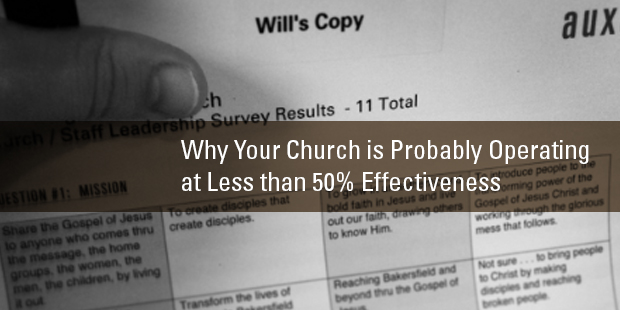
The Time and Place for the Authentic Church
I have spent my life looking for the biblical, authentic church.
- When I attended VBS at a small Lutheran church in 1st grade, I was thrilled to get the little silver Bible sticker in my pocket Bible.; the kind with Jesus pictures. I always wanted to go back to that church, but we never did.
- When I attended catechism at a Presbyterian church in Augusta, GA. I memorized lot’s of God statements. It felt like the right thing to do.
- When I attended Young Life meetings in high school. It was cool. It was spiritual.
- When I attended a EFCA church at Penn State and carried around Desiring God (by John Piper) like a sacred text.
- When I church hopped in Midland, TX working in the oil field. While exploring the black gold of the Permian Basin, I searched for the true expression of God’s church.
- At seminary I found a church in the black and hispanic area in which I lived. It wasn’t what I was used to so it was better.
- And still I combed the spiritual classics of centuries gone-by, searching for the hidden keys to walking with God.
- Finally, I found the best model of all. I joined the staff of a church that started south of Houston. We reached unchurched people like that big Chicago seeker church that had all of the answers. I got to be a part of a team that grew one of America’s finest megachurches. This had to be the model, the authentic church.
My guess is that you have been pursuing the authentic church as well. And we should. God has put the desire within in us.
How is your search going?
Fifteen years ago, my search ended. I found it. No, I really did find it this time. A friend and consulting colleague, Rich Kannwischer just sent these words, written by Eugene Peterson. They capture perfectly what I found:
Churches are not franchises to be reproduced as exactly as possible wherever and whenever—in Rome and Moscow and London and Baltimore—the only thing changed being the translation of the menu. But if we don’t acquire a narrative sense, a story sense, with the expectation that we are each one of us uniquely ourselves—participants in the unique place and time and weather of where we live and worship—we will always be looking somewhere else or to a different century for a model by which we can be an authentic and biblical church. The usefulness of Acts as a story, and not a prescription or admonition, is that it keeps us faithful to the plot, Jesus, and at the same time free to respond out of our own circumstances and obedience.
Peterson, Eugene H. (2011). The Pastor: A Memoir (p. 119). Harper Collins, Inc.. Kindle Edition.
In light of Peterson’s words, I ask again, “How is it going?” Or maybe the better question to ask is “Where have you been looking?”
It’s my dream that each pastor find the time and place for the authentic church. And the amazing answer is “It’s right now, right where you are.”
You may want to consider a book I wrote about discovering the authentic church for your time and place. I called the book Church Unique to highlight what Eugene Peterson is talking about here. It’s really about entering more deeply into the context that God has placed you to develop your own model of ministry. It’s about faithfulness to The Plot rather than mimicking another person’s story.
To learn more about discovering your authentic church, connect with one of Auxano’s Navigators.

Tags: Authentic Church, Church Unique, Recasting Vision, Will Mancini






























